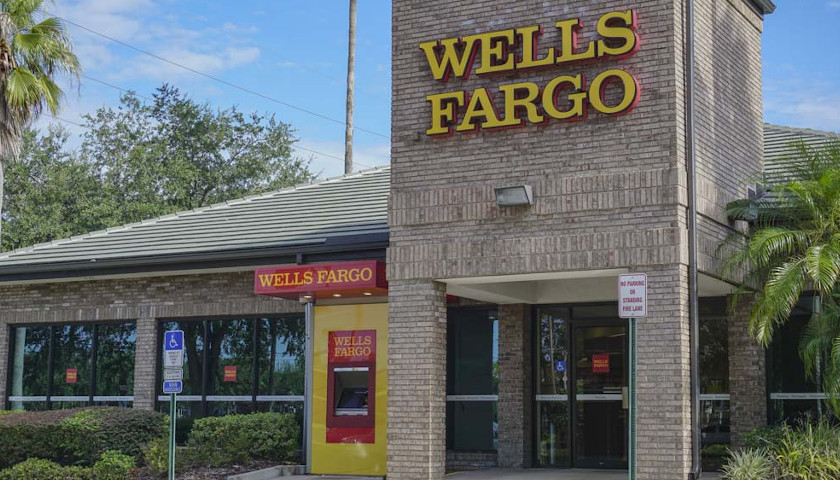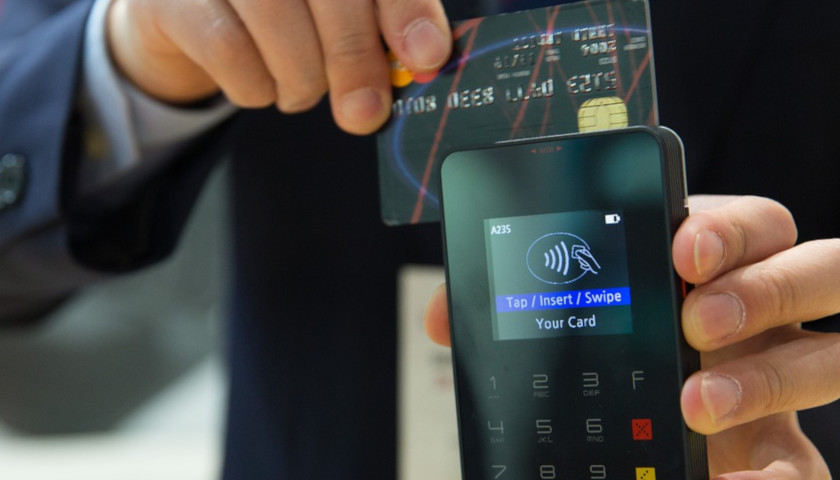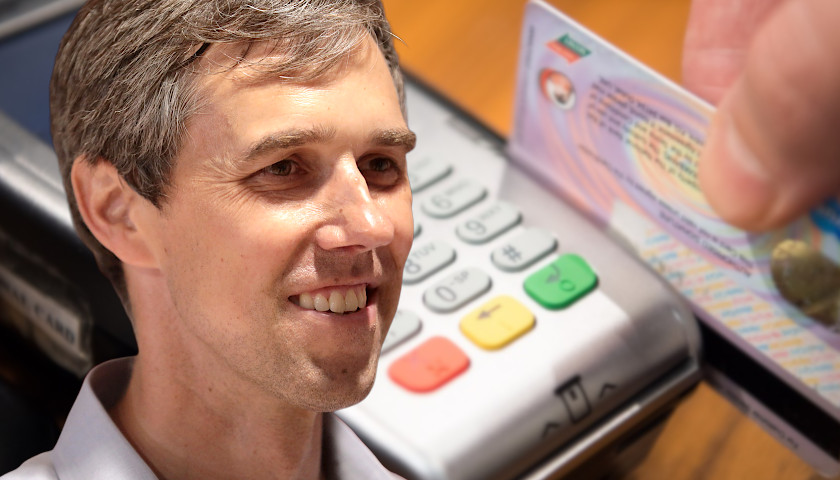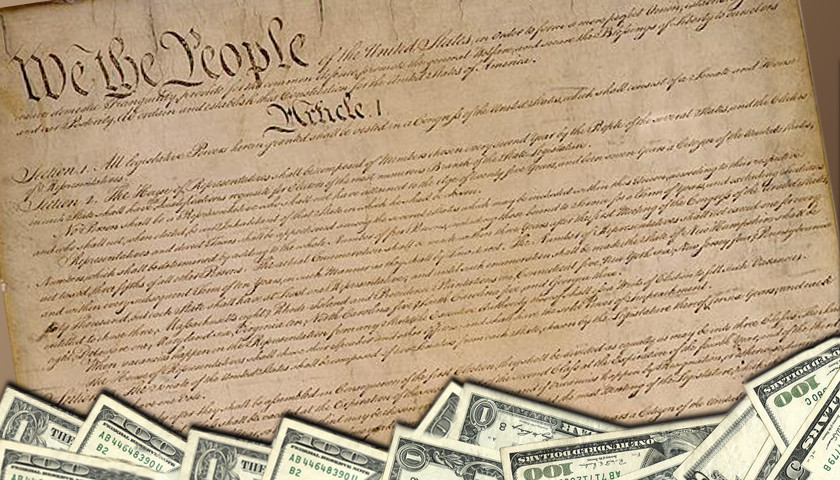An increasing number of Americans are turning to buy now and pay later (BNPL) services like layaway as they continue to drain their savings and interest rates on credit cards grow, according to Reuters.
Credit card debt, with its high interest rates, in aggregate exceeded $1 trillion for Americans in 2023 for the first time ever, leading many Americans to use BNPL services that charge a far lower 2% to 8% fee instead, masking a considerable source of debt, according to Reuters. The search for cheaper financing follows declining savings for Americans as they spend through their reserves, holding only $768.6 billion in October, down from over $1 trillion held in May and even further from the all-time high of almost $6 trillion held in April 2020.
Read the full story





